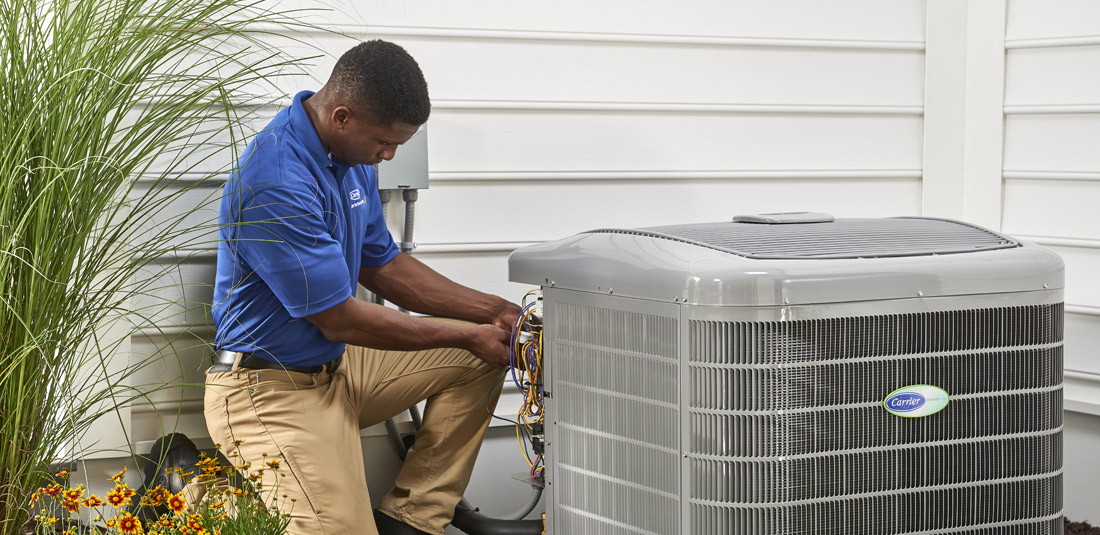Reliable Mini split installation options for modern comfort.
Reliable Mini split installation options for modern comfort.
Blog Article
Indicators You Need Heating System Fixing and Why Acting Swiftly Conserves Money
Understanding the signs that indicate a demand for heater fixing is crucial for homeowners looking for to keep both effectiveness and security. Indicators such as unusual noises, inconsistent home heating, or all of a sudden high energy bills can signal underlying concerns that, if left unaddressed, might lead to more significant costs down the line.
Unusual Sounds From the Heater
Several home owners might be shocked to learn that uncommon noises from the heater can suggest underlying problems requiring prompt interest. A well-functioning furnace needs to run quietly, and any kind of inconsistency from this norm can signal possible issues. Usual noises that require problem consist of knocking, rattling, squealing, and hissing.
Banging noises might suggest loose or broken parts, such as the blower assembly or ductwork, which can bring about additional mechanical failures if not resolved promptly. Rattling noises often indicate loosened panels or various other architectural issues that might endanger the unit's effectiveness. Screeching sounds generally indicate damaged bearings in the blower electric motor or a slipping fan belt, both of which demand immediate repair service to stop a complete malfunction.
Hissing audios might indicate a gas leak or issues with the warm exchanger, providing safety and security risks that have to be prioritized. House owners must not overlook these acoustic signals, as they frequently precede much more considerable and expensive repair services. Routine maintenance and timely interest to unusual noises can prolong the life of the heating system and improve its performance, eventually saving property owners from unforeseen expenditures.
Inconsistent Heating Levels
Inconsistent home heating degrees throughout a home can be a substantial indication of a malfunctioning heater. House owners might observe that certain spaces feel uncomfortably cool while others continue to be exceedingly warm. This imbalance can stem from several concerns, consisting of blocked air ducts, malfunctioning thermostats, or troubles with the heating system itself.
Blocked or dirty duct can limit air flow, avoiding heated air from getting to certain areas of your home. Furthermore, if the heating system is improperly sized for the room, it might struggle to maintain regular temperatures (Furnace replacement). A malfunctioning thermostat can additionally contribute to temperature disparities, as it might fall short to precisely gauge the area's warm, leading to irregular heating patterns

Boosted Energy Bills
An unexpected spike in power costs can function as a red flag for property owners regarding their heater's efficiency. When a heating system operates inefficiently, it typically eats even more energy to maintain the preferred temperature, leading to increased energy expenses. This inefficiency might come from various variables, such as a lack of maintenance, clogged up filters, or stopping working elements.

Resolving these issues promptly can result in considerable cost savings on energy expenses and extend the life expectancy of your furnace. Routine maintenance, including filter modifications and system evaluations, can assist guarantee ideal performance and efficiency. By being proactive, property owners can not only reduce unnecessary expenditures yet also enhance comfort degrees within their homes. If raised power expenses continue, think about speaking with an expert technician to assess your heater and recommend required repair work or upgrades.
Yellow or Flickering Pilot Burner
A yellow or flickering pilot burner can indicate underlying concerns with your heating system that need immediate focus. Generally, a healthy and balanced pilot burner need to melt blue, symbolizing efficient burning. When the flame shows up yellow or flickers, click here for more it may recommend insufficient combustion, often triggered by a dirty heater or a malfunctioning thermocouple. These conditions can bring about decreased home heating efficiency and boosted power usage, influencing your utility expenses.
Furthermore, a yellow fire might indicate the existence of carbon monoxide gas, an anemic and odor free gas that postures serious health and wellness dangers. If you see these changes, it is important to act promptly to avoid potential dangers and pricey repairs. Disregarding this problem can result in additional deterioration of your heater, resulting in a lot more considerable damages and greater fixing costs.
To deal with a yellow or flickering pilot light, seek advice from a certified cooling and heating technician who can diagnose the problem accurately and provide necessary repairs. Regular maintenance can help prevent such issues, ensuring your heater runs at peak performance. Prompt treatment not only safeguards your home but also extends the life expectancy of your home heating system, conserving you money over time.
Frequent System Biking
Constant system cycling is a clear indication that your furnace might be experiencing underlying concerns that need timely attention. When a heater continuously activates and off, it not only disrupts interior comfort but can additionally cause boosted energy costs and prospective damage to the system. This sensation, usually described as short biking, can originate from a number of problems, consisting of a malfunctioning thermostat, filthy air filters, or improper sizing of the heating system for the space it is planned to heat.
If your thermostat is faulty, it might inaccurately check out the temperature, causing the heater to operate erratically. In addition, blocked air filters limit air flow, compeling the system to work harder and cycle a lot more frequently. Sometimes, a furnace that is also large for the room will check over here certainly heat it up as well quickly, leading to short biking.
Disregarding constant cycling can cause more considerable concerns, such as overheating elements or early wear, potentially resulting in pricey repair work or substitute. Therefore, it is vital to address this sign without delay. Routine upkeep and prompt repair work can improve your furnace's performance and longevity, eventually conserving you time and cash in the future.
Conclusion

Report this page